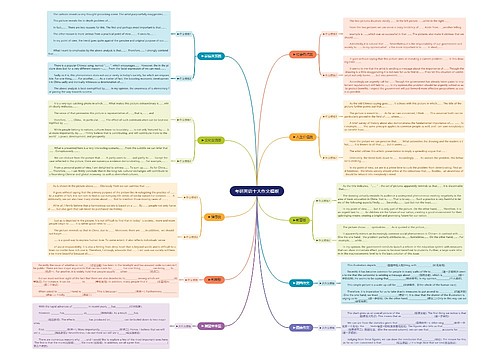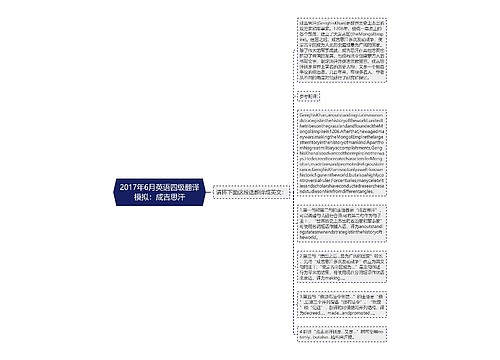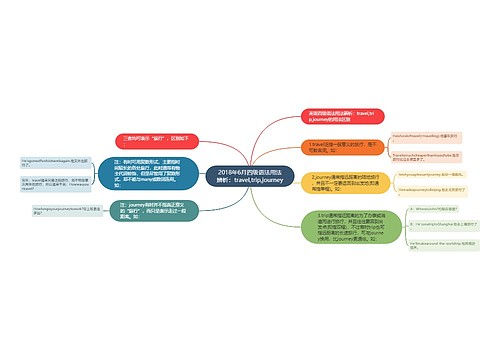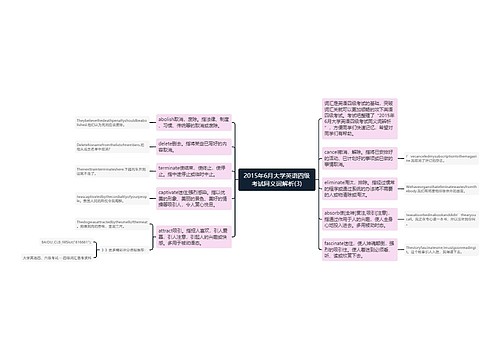2021年英语四级听力美文第80篇:Computer Addiction思维导图
蓝胖子
2023-03-16

2021年英语四级听力美文第80篇:ComputerAddiction
树图思维导图提供《2021年英语四级听力美文第80篇:Computer Addiction》在线思维导图免费制作,点击“编辑”按钮,可对《2021年英语四级听力美文第80篇:Computer Addiction》进行在线思维导图编辑,本思维导图属于思维导图模板主题,文件编号是:8f69d57d8d4f17ff26be67a73ac352c8
思维导图大纲
相关思维导图模版
904名中国成年人第三磨牙相关知识、态度、行为和病史的横断面调查思维导图
 U633687664
U633687664树图思维导图提供《904名中国成年人第三磨牙相关知识、态度、行为和病史的横断面调查》在线思维导图免费制作,点击“编辑”按钮,可对《904名中国成年人第三磨牙相关知识、态度、行为和病史的横断面调查》进行在线思维导图编辑,本思维导图属于思维导图模板主题,文件编号是:10b9a8a2dd2fb4593f8130ef16c320fc

销售经理半年规划思维导图
 U582121265
U582121265树图思维导图提供《销售经理半年规划》在线思维导图免费制作,点击“编辑”按钮,可对《销售经理半年规划》进行在线思维导图编辑,本思维导图属于思维导图模板主题,文件编号是:e614d6bcf03e9318109240a18697c5d1
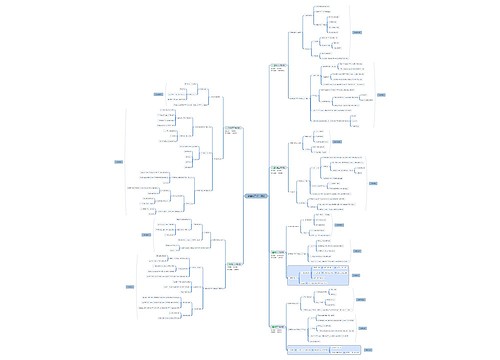
相似思维导图模版
思维导图模版推荐
2021年英语四级听力美文第81篇:Salaries思维导图
2023-03-16 20:57:34

2021年英语四级听力美文第82篇:Volunteers思维导图
2023-03-16 20:57:38

2021年英语四级听力美文第83篇:Tourism思维导图
2023-03-16 20:57:42

办公空间设计思维导图
2023-03-16 20:57:24
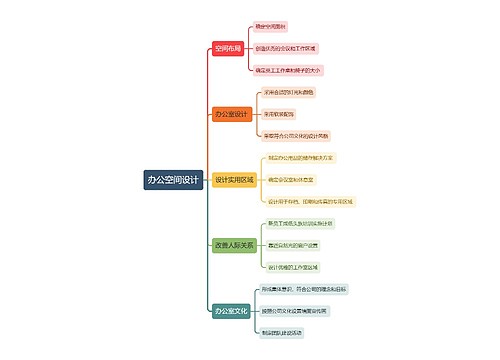
2021年英语四级听力美文第79篇:Beautiful Smile and Love思维导图
2023-03-16 20:57:24

2021年英语四级听力美文第78篇:How to Avoid Foolish Opinions思维导图
2023-03-16 20:57:19


